- Home
- Sustainability
- Sumitomo Forestry Group's Sustainability Management
- Long-term Vision and Material Issues
Long-term Vision and Material Issues
Mission TREEING 2030
In February 2022, aiming toward creating a decarbonized society by 2050 and with the 2030 target year for achieving the SDGs in mind, the Sumitomo Forestry Group formulated "Mission TREEING 2030" and "Mission TREEING 2030 Phase 1". "Mission TREEING 2030", our long-term vision, incorporates our ideal vision of the Sumitomo Forestry Group into our long-term business concept, while "Mission TREEING 2030 Phase 1" is our Mid-Term Management Plan covering 2022 to 2024. This marked the start of our journey toward new value creation. "Mission TREEING 2030" sets out the following four strategies as our business policy: 1. Maximizing the value of forests and the wood to create decarbonization and create a circular bioeconomy; 2. Advancing globalization; 3. Striving for transformation and the creation of new value; and 4. Transforming our business foundation for growth. To achieve this long-term vision, we aim to simultaneously supply value for our planet, value for people and society, and value for the market economy, without compromising on any of these values and by enhancing value in each of these areas.

~ Making our planet safer and more secure for future generations ~
By providing value to our planet, to people and society, and to the market economy, we at Sumitomo Forestry Group will strive to make our planet safer and more secure for current and future generations of people and all living beings. With our long-held strengths in harnessing and expanding the value of forests and wood, we will create change for a new future.
-

Value for our planet -

Value for people
and society -

Value for the
market economy
- Click here for related information
WOOD CYCLE
The Sumitomo Forestry Group is developing business activities through the "WOOD CYCLE," a value chain based on wood, from forest management to wood processing and distribution, wooden buildings, and biomass power generation. We aim to contribute to a decarbonized society by turning the "WOOD CYCLE" in other words, by planting and cultivation, increasing the amount of CO2 absorbed by forests and using the wood in buildings and furniture to store carbon over a long period of time. Through this business as a whole, we will contribute to CO2 absorption and fixation not only for ourselves but also for society as a whole.
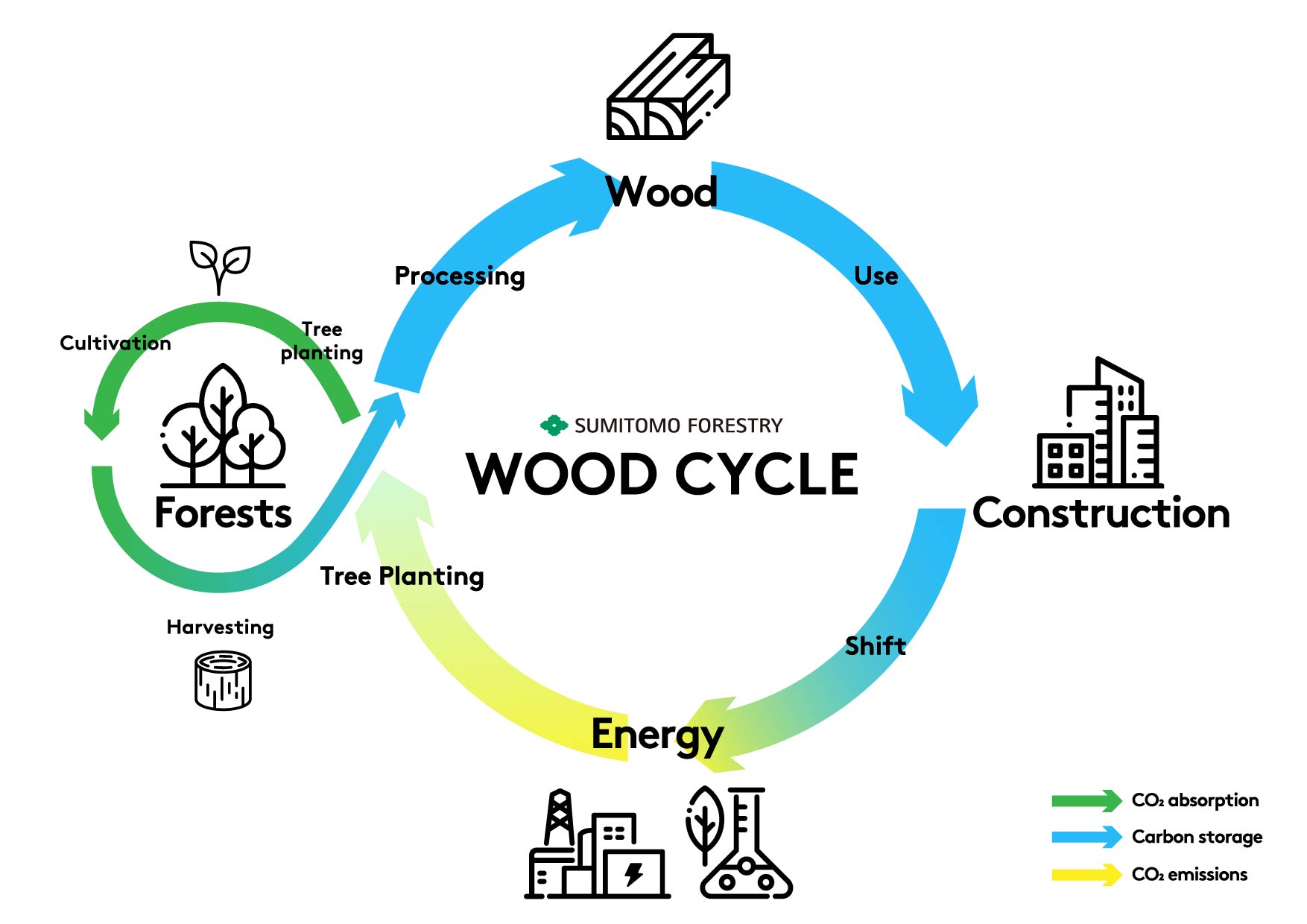
Mid-Term Sustainability Targets and Material Issues
The Sumitomo Forestry Group formulated "Mission TREEING 2030 Phase 1" (2022-2024), the first phase of its long-term vision "Mission TREEING 2030," a three-year Mid-Term Management Plan that provides the groundwork for future growth and contribution to decarbonization. We formulated the Mid-term Management Plan "Mission TREEING 2030 Phase 2" for the three years from 2025 to 2027 as the second phase focused on reforms and materialization aimed at achieving dramatic growth.
In Phase 2 as well, one of the five basic policies is "Further Integration of Business and ESG," under which the Group has established the "Mid-Term Sustainability Targets Phase 2 (2025-2027)," incorporating the sustainability strategy and material issues.
Basic Policy of "Mission TREEING 2030 Phase 2"
Efforts to address decarbonization challenges
- We will create new value of forests that are properly managed and expand sustainable forests.
- We will aim to further utilize wood by expanding the manufacturing business and build a foundation for the expansion of the range of use and consumption.
- We will increase the supply of wooden houses and promote the use of wood for medium- to large-scale constructions in and outside Japan.
Improvement of earning capacity
- We will accelerate innovation and structural reforms in businesses in Japan.
- We will establish a foundation for the real estate development business in and outside Japan.
- We will pay attention to capital costs and aim to further improve the efficiency and profitability of assets and investments.
Deepening of global expansion
- We will further improve the profitability of the overseas housing and real estate business and expand the business base for its stable growth.
- We will expand the scope and scale of business in each of the Japan, the U.S., Oceania, Southeast Asia, and Europe regions, build the foundation for and deepen the concept of Wood Cycle, and enhance the support by corporate departments.
Strengthening of management base
- We will secure and nurture human resources that transform and create businesses, foster a free and open-minded organizational culture, and promote health and productivity management.
- We will revamp our business base through the use of IT and digitalization, and fundamentally transform operations and improve efficiency by promoting digital transformation.
- We will accelerate value creation with technology at the core, and advance the improvement of the quality of our work.
Further integration of business operations and ESG
- We will steadily implement initiatives to achieve SBTs (Science Based Targets).
- We will draw attention to the value of sustainable products and services that contribute to decarbonization, and promote their market penetration.
- We will thoroughly ensure "safety first" and "zero defects."
- We will make sure that our business operations give due consideration to local stakeholders.
Mid-Term Sustainability Targets is a revision of the specific Sustainability-related goals in the Mid-Term Management Plan that has been in operation since fiscal 2019, with the goal of better aligning our business and Sustainability strategies. Under the long-term vision "Mission TREEING 2030", the value created by the Group was organized from the perspectives of providing "Value for our planet", "Value for people and society", and "Value for the market economy", and Nine Material Issues were newly identified. Specific numerical targets have been in more detail for each business unit in order to realize these Nine Material Issues.
We believe that it will not only meet the expectations of society, including the SDGs, but also lead to an increase in corporate value that cannot be judged only from the economic perspective.
Nine Material Issues
| Theme | Nine Material Issues | Relevant SDGs | |
|---|---|---|---|
| Value for our planet | 1 | To enhance the value of forests and wood through sustainable forest management |
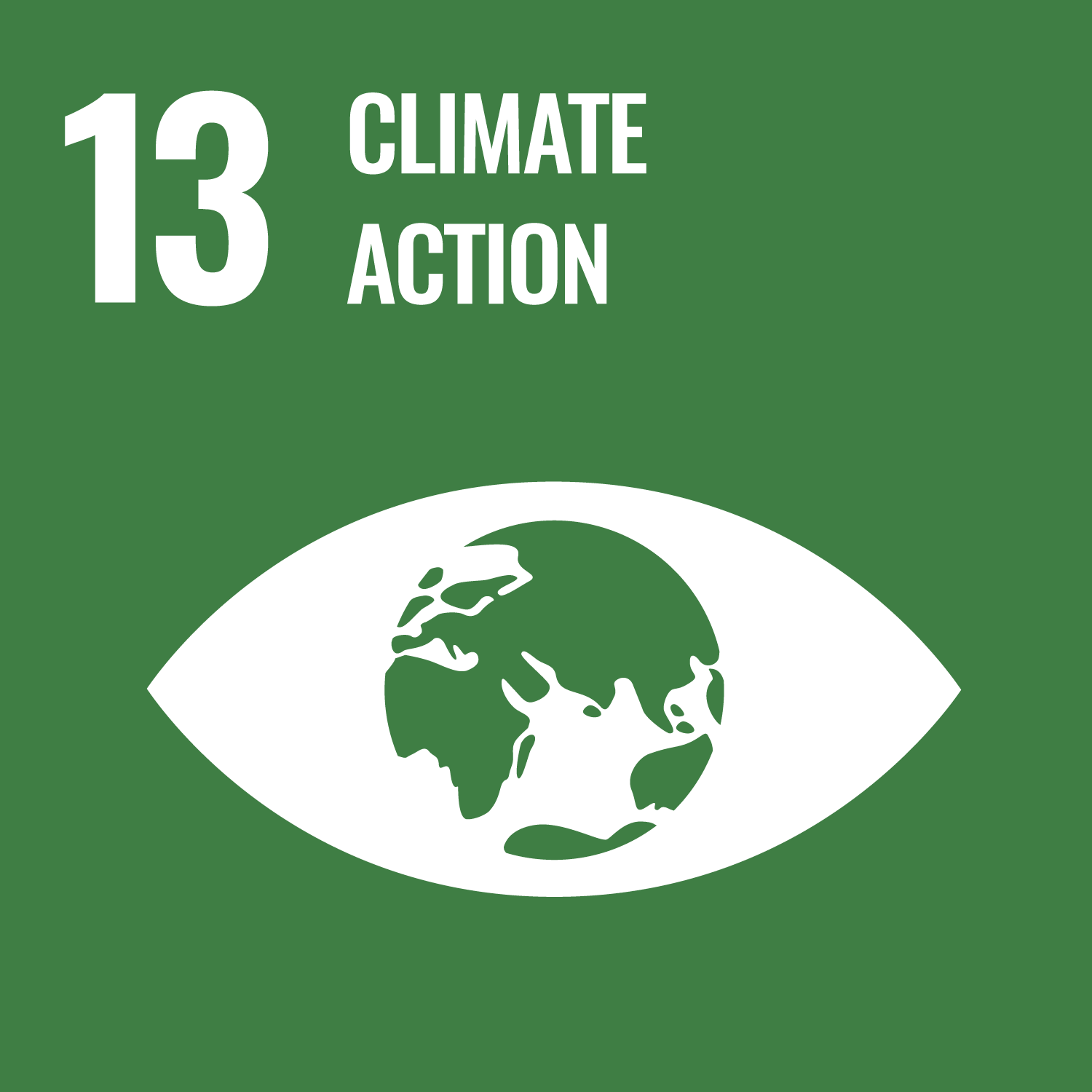
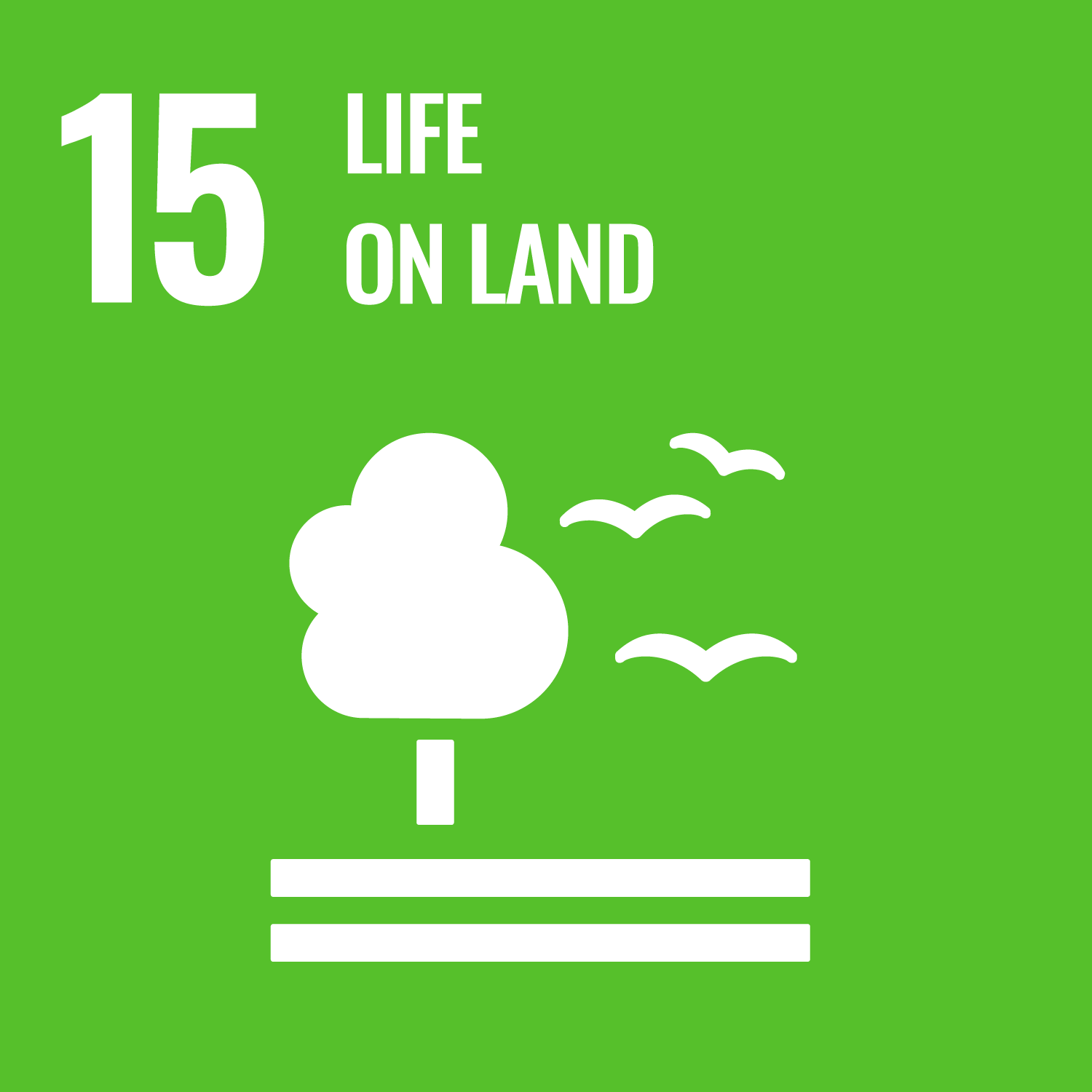
|
| 2 | To realize carbon neutrality by leveraging forests and wood resources |
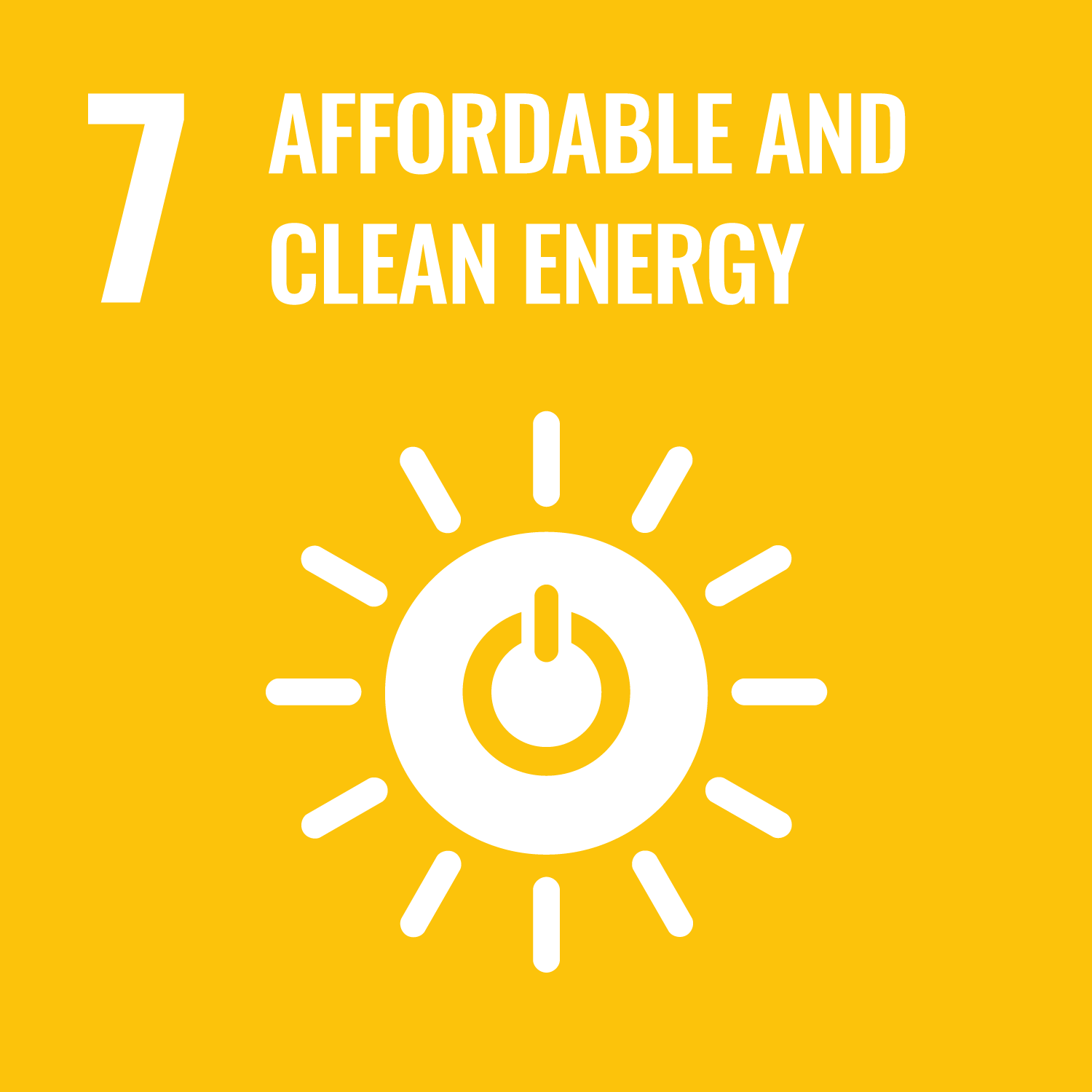

|
|
| 3 | To realize a circular bioeconomy by leveraging forests and wood resources |
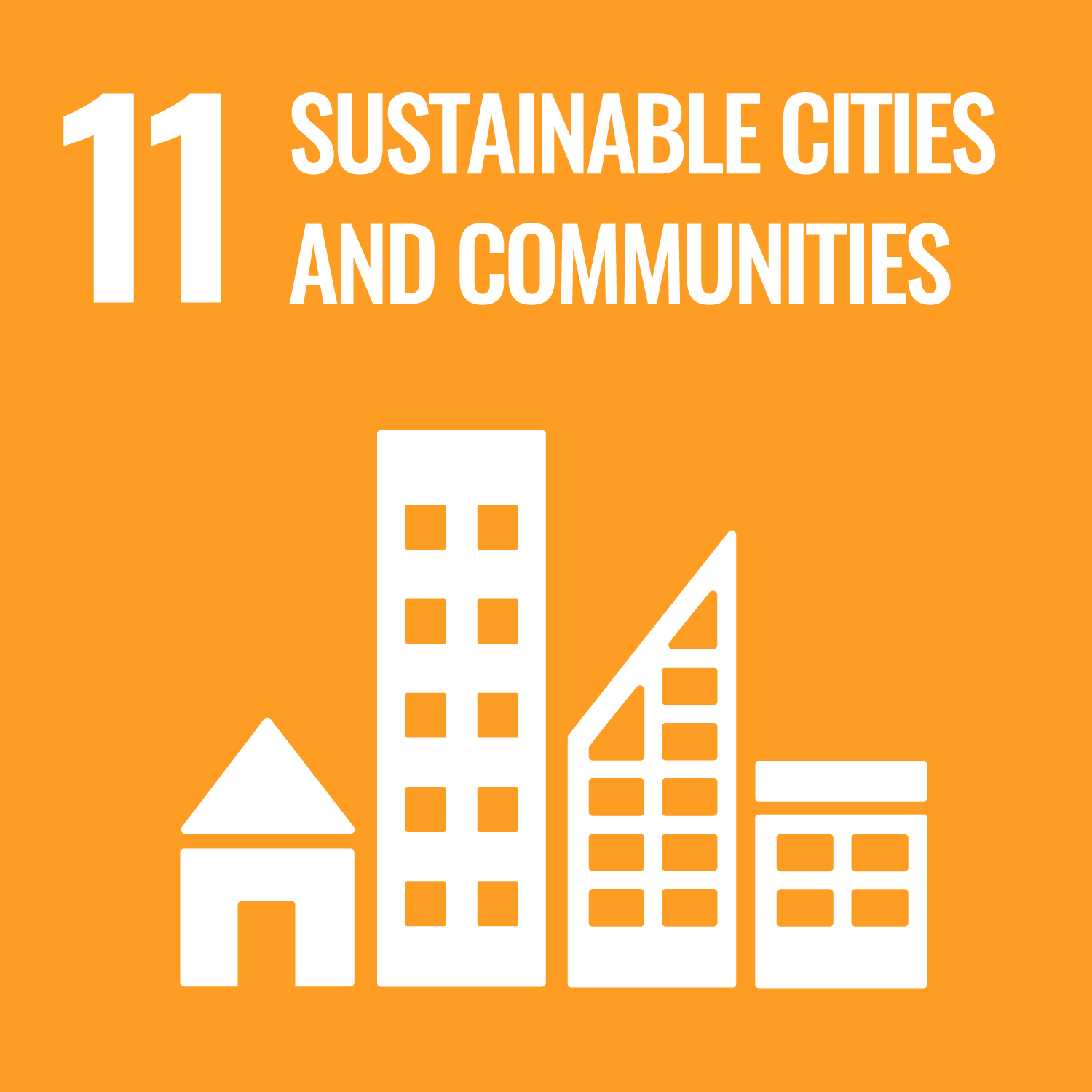
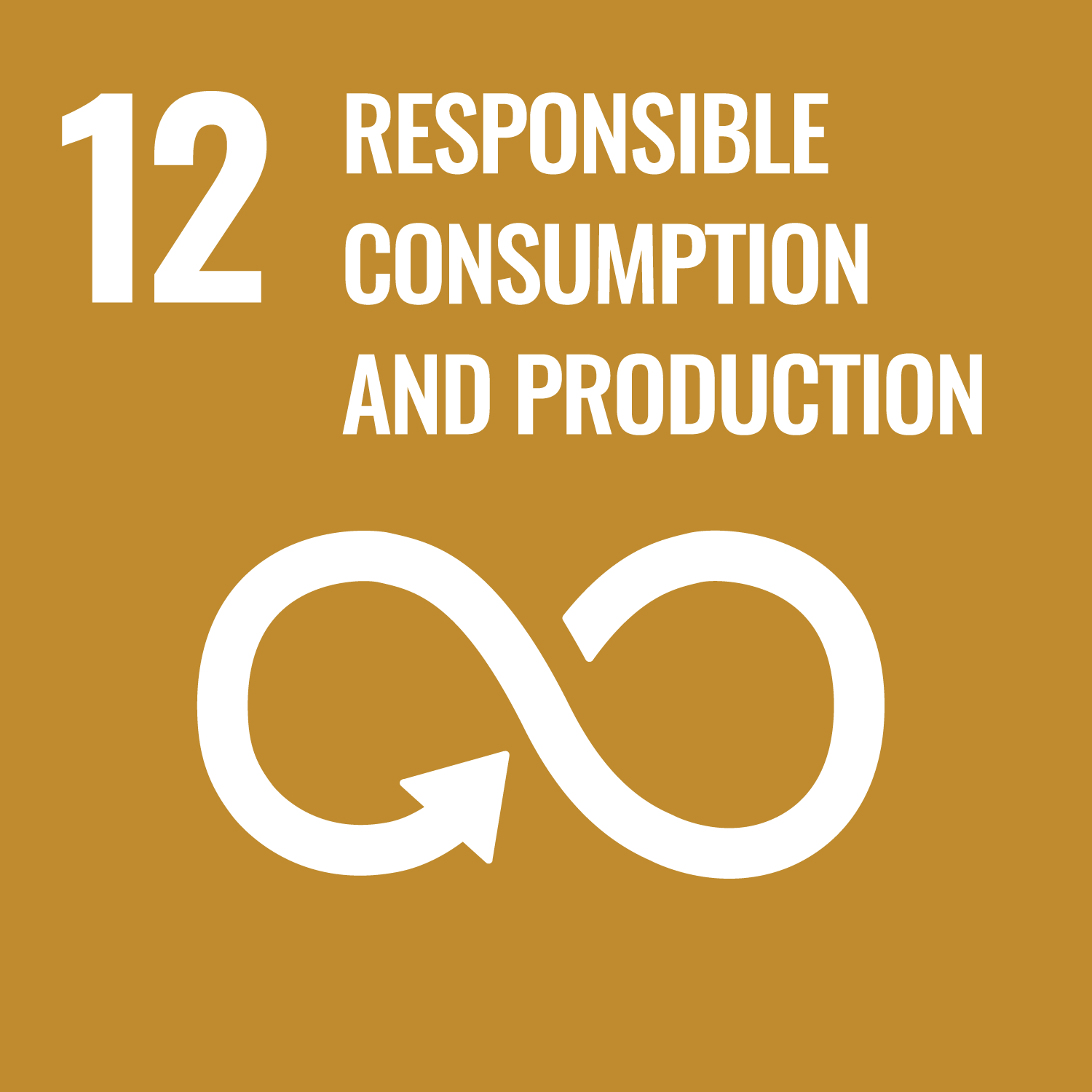

|
|
| Value for people and society | 4 | To provide comfortable and secure spaces for society at large |



|
| 5 | To improve the livelihood of the local communities where we operate |



|
|
| 6 | To create a vibrant environment for all workers |

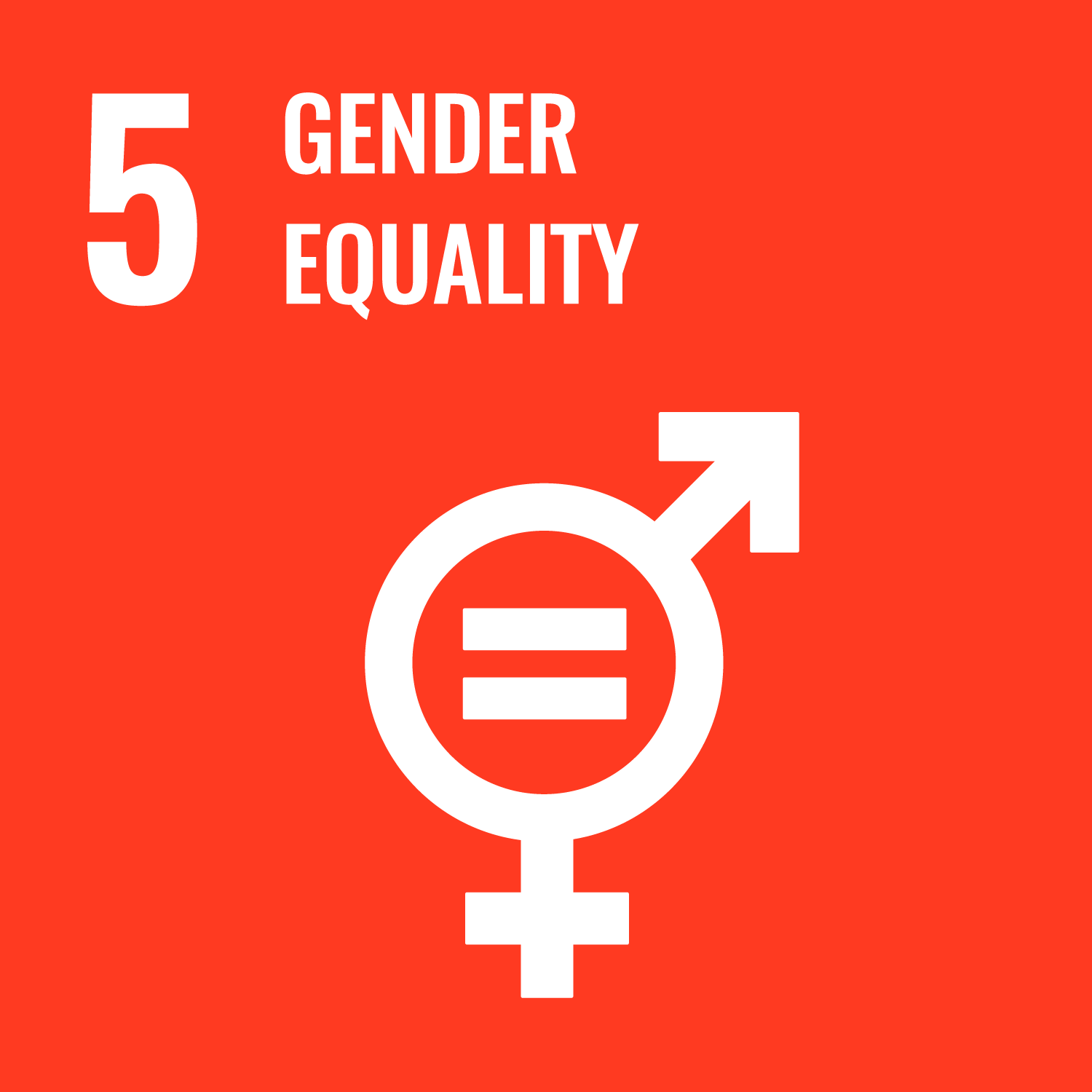

|
|
| Value for the market economy | 7 | To create new markets with forests and wood |


|
| 8 | To transform markets through DX and innovation |

|
|
| 9 | To establish a robust business structure |

|
|
Identification of Material Issues
The Sumitomo Forestry Group established four priority CSR material issues in 2008 to work on toward realizing a sustainable society. In 2015, in response to changes in economic, environmental, and social conditions, the Group re-identified its CSR material issues and specified five key items. Since then, major changes have occurred around the world, including adoption of the SDGs (Sustainable Development Goals) and the conclusion and entry into force of the Paris Agreement, and in Japan, the GPIF (Government Pension Investment Fund) signing of the PRI (United Nations Principles for Responsible Investment) has accelerated the trend toward ESG investment. In response to these trends, the Sumitomo Forestry Group developed its long-term vision "Mission TREEING 2030" in February 2022, which newly identified Nine Material Issues. In addition to analyzing geopolitical changes, technological innovations such as digitalization, and changes in the stakeholder preferences such as employees and customers' choices, we've also used Sumitomo Forestry Group's strengths, which have grown significantly through M&A and capital and business alliances, to identify areas where the Group can make a unique contribution, not just to sustainability, but also as Material issues of the Group's overall business.
The Nine Material Issues and the Identification Process
Based on external changes (Megatrends), we first identified matters that would impact the Sumitomo Forestry Group and set 35 issues classified into five categories: "Environmental Issues (Climate Change)," "Environmental Issues (Resources and Biodiversity)," "Social Issues," "Governance," and "Economic Issues." Next, based on the extracted issues, we conducted a questionnaire survey targeting all stakeholders, including customers, business partners, shareholders and investors, external experts, and employees, asking them to select the items they consider important. We received responses from approximately 6,000 people in the questionnaire survey. Based on these questionnaires and interviews, including individual interviews with younger employees and management personnel, we narrowed down the material issues for the Sumitomo Forestry Group. Furthermore, we incorporated management's opinions and performed materiality assessments in consideration of risks and opportunities through a series of discussion among management ranks. Finally, we selected the Nine Material Issues from three perspectives: "Value for our planet," "Value for people and society" and "Value for the market economy."
Process for Identifying Material Issues
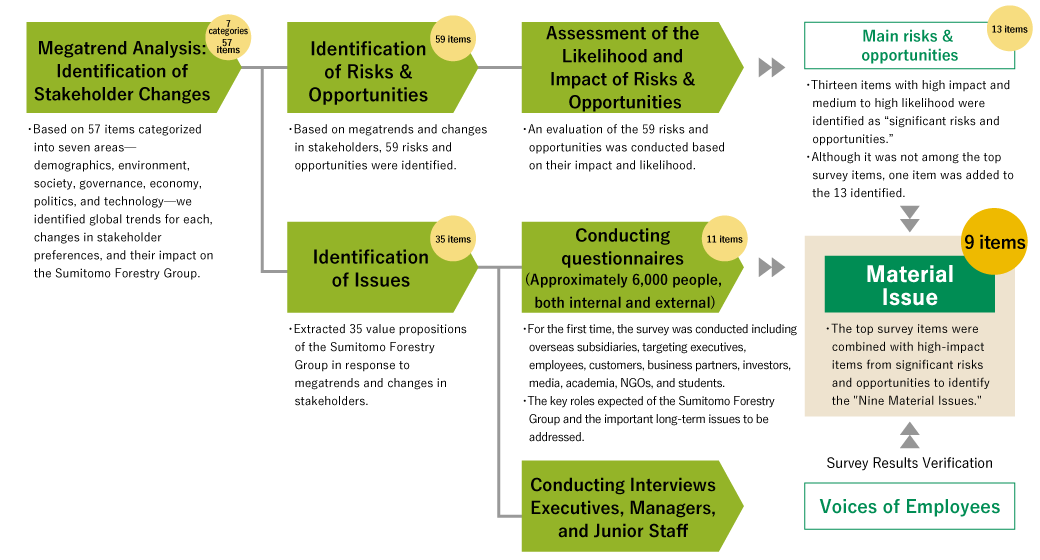
Management of Mid-Term Sustainability Targets
We have set numerical targets for Mid-Term Sustainability Targets of the Mid-Term Management Plan based on our contribution to the SDGs and the Nine Material Issues that are directly linked to our business.
Each group company and department has set "Sustainability Budget" with numerical targets set for the fiscal year and engaging in initiatives to achieving these goals. The Sumitomo Forestry Group fully implements a PDCA cycle for progress and achievements of each target at the Sustainability Committee convened two times a year in addition to providing reports to the Board of Directors.
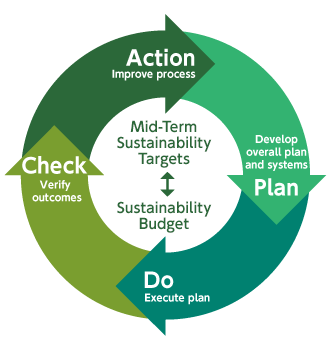
-
- Material Issues 1 : To enhance the value of forests and wood through sustainable forest management
- Material Issues 2: To realize carbon neutrality by leveraging forests and wood resources
- Material Issues 3: To realize a circular bioeconomy by leveraging forests and wood resources
- Material Issues 4: To provide comfortable and secure spaces for society at large
- Material Issues 5: To improve the livelihood of the local communities where we operate
- Material Issues 6: To create a vibrant environment for all workers
- Material Issues 7: To create new markets with forests and wood
- Material Issues 8: To transform markets through DX and innovation
- Material Issues 9: To establish a robust business structure
- Click here for related information
- Home
- Sustainability
- Sumitomo Forestry Group's Sustainability Management
- Long-term Vision and Material Issues

